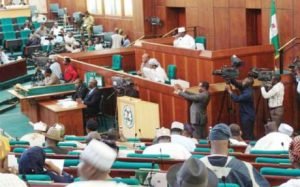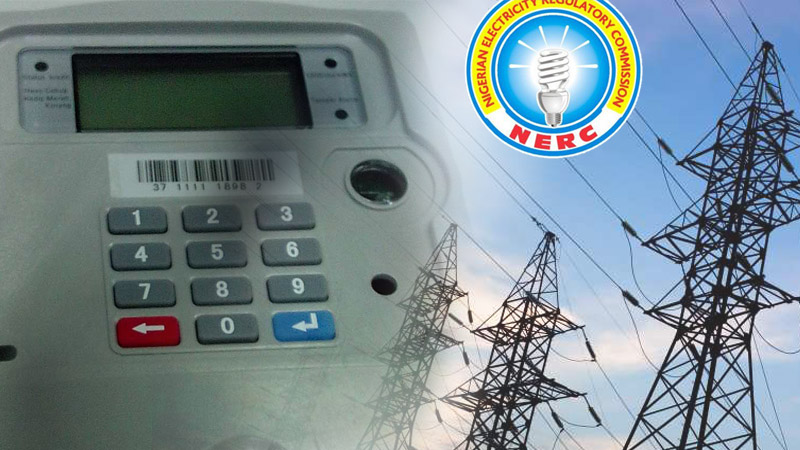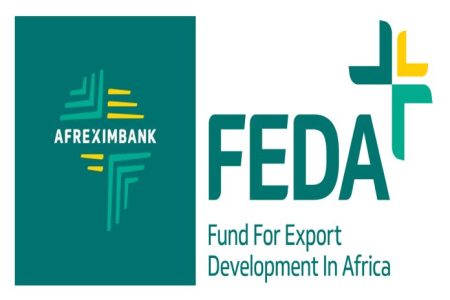…Knocks operators over HCDT implementation

Mkpoikana Udoma
Port Harcourt — The House of Representatives Committee on Host Communities has vowed to stop international oil companies, IOCs, operating in the Niger Delta from divestment of their onshore assets without being accountable to the environment.
The Chairman, House of Reps Committee on Host Communities, Hon. Dumnamene Dekor, made the vow in Port Harcourt while speaking to newsmen during a technical session on the implementation of the Host Communities Development Trusts, HCDT, organised by Spaces for Change, S4C, with support from Ford Foundation.
Dekor raised the alarm that since after the passage of the Petroleum Industry Act in 2021, host communities have not experienced any positive change, rather have remained poor despite playing host to critical national assets; regretting that instead of IOCs to ensure full implementation of the PIA, they were on the move to divest.
He assured that the Committee would use the law to ensure that those companies do not leave until they correct all the wrongs they have done in their host communities.
According to him, the Committee understands that many IOCs have started divesting from onshore, but noted that the House would not allow the process to be completed without responsibility.
He said, “I understand that some of them (IOCs) are beginning to divest very quickly, we will also make sure that we stop some of those divestments so that the people can benefit. Take for example, you cannot mess up an environment, degrade it to the level that it is, then suddenly you begin to divest. When you divest you leave all that you have done and walk away.
“This Committee will liaised and form partnerships with those affected host communities, to make sure that whether Shell or any other oil company are brought to account. We want people from host communities to begin to reap benefits of oil and gas.”
The Committee also noted that the Host Community Development Trust implemented by some oil firms was not functional, explaining that oil producing communities in Niger Delta have not started getting benefits of the PIA.
He said: “By the enactment of the PIA since 2021, this is 2023 and we have not seen the host communities stop complaining, meaning that the HCDTs are not operational.
“In most cases where they (oil companies) claim that they have inaugurated the HCDT, they have not started getting the benefit of the law and it leave the people of host communities in the same way they have always been, and of course as a Committee, we will stop at nothing in ensuring that the law is being obeyed.
“This means that all the regulatory agencies and oil companies must as a matter of urgency begin to take appropriate steps in ensuring that host communities are not allowed to continue wallowing in abject poverty, while they produce all that we need to oil the engine of the country, yet they have nothing to show for it.
“That is why the House and Senate came together to ensure that that law came into being. Yes, as I said, the PIA is not completely addressing the issues, just like every other law, but it is a watershed where we begin to feel that something has been put in place to guide the entire operations of the oil industry, and so it is an opportunity to call on NUPRC and all other regulators to ensure the oil companies do the right thing.”
Earlier, the Executive Director of Spaces for Change, Mrs. Victoria Ohaeri, said the event was imperative in order to provide the opportunity for an appraisal of the PIA since after its passage.
She stated: “Today, we are flagging of a three-day technical session on the Implementation of the Host Communities Development Trust and it is building on the previous conversations that was held at Owerri, the National Extractive Dialogue that brought together over 200 stakeholders in the extractive industry.
“Today, the regulatory bodies are here that have been mandated to ensure that the provisions are enforced. The House Committee on Host Communities are here in their numbers, the Host Communities are here, we are trying to appraise the implementation of the, how far have we gone, what has been done.
“Have various boards been set up in the various communities, have they been incorporated by law and are they populated by members of the community and the needs assessment that needs to be done have they been carried out? It is like a performance appraisal of what has happened.
“We are determined to see that the vision behind the PIA does not just end like mere promises for host communities. We want to ensure that those promises translate to concrete benefits.”



